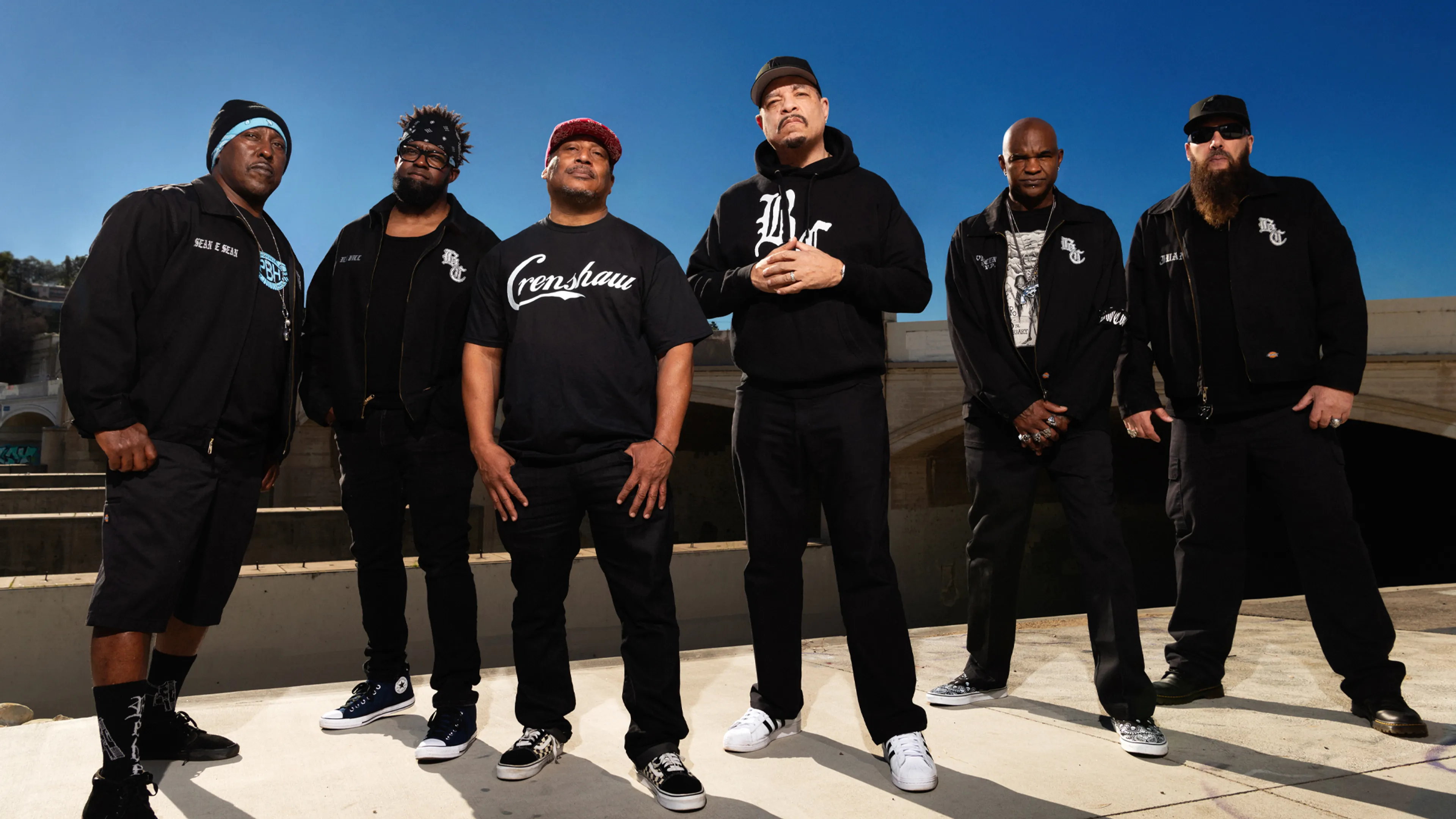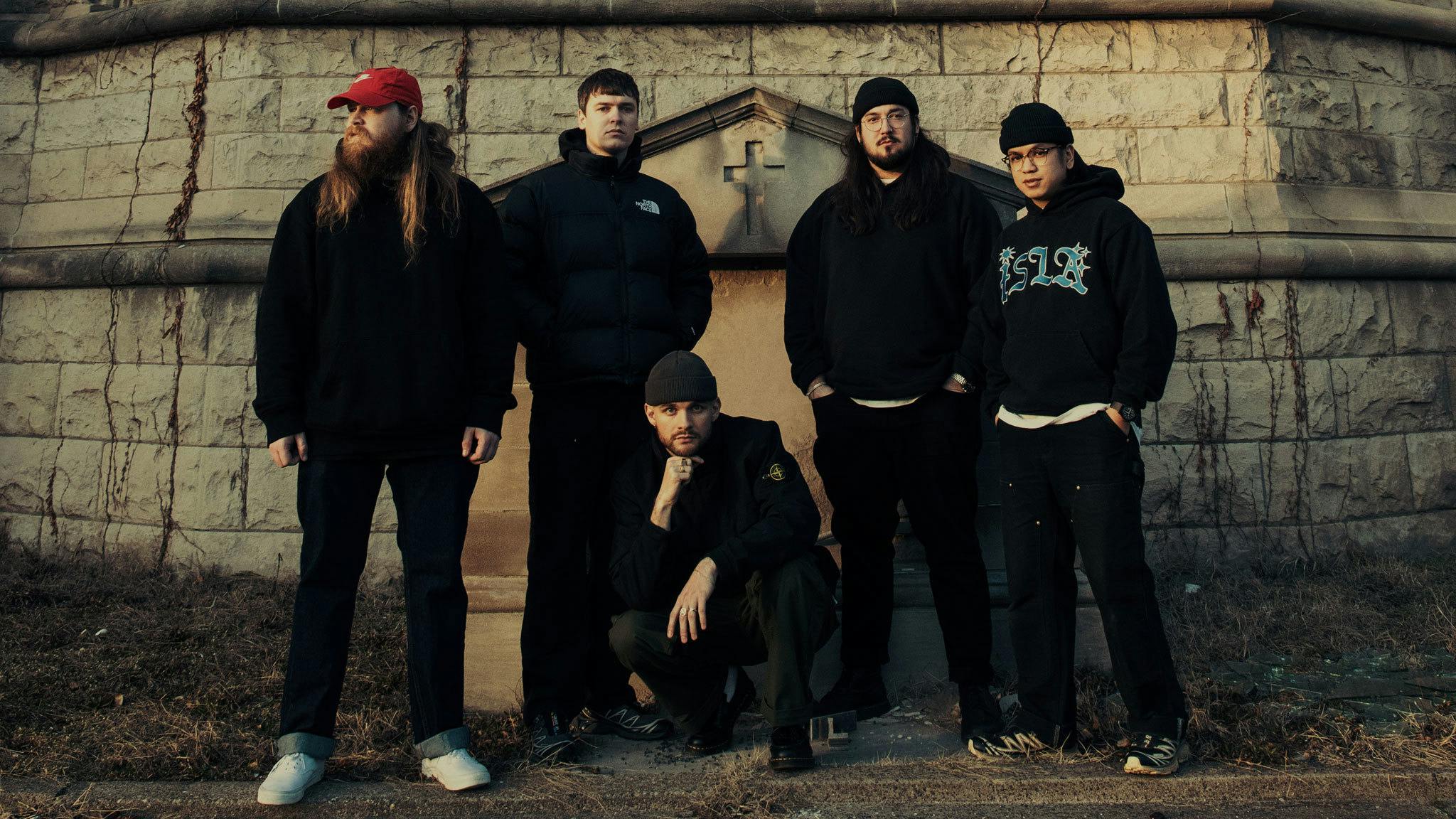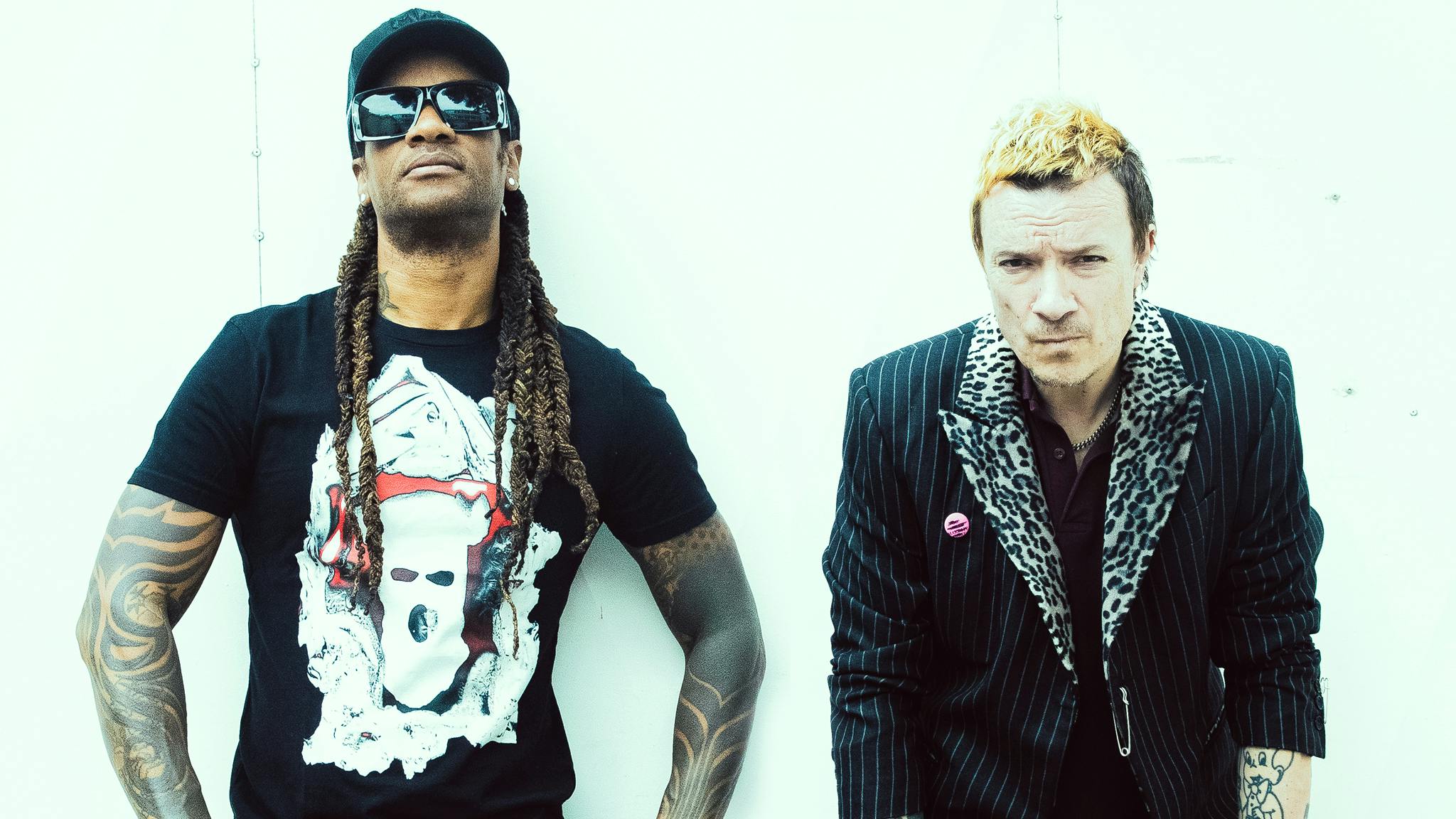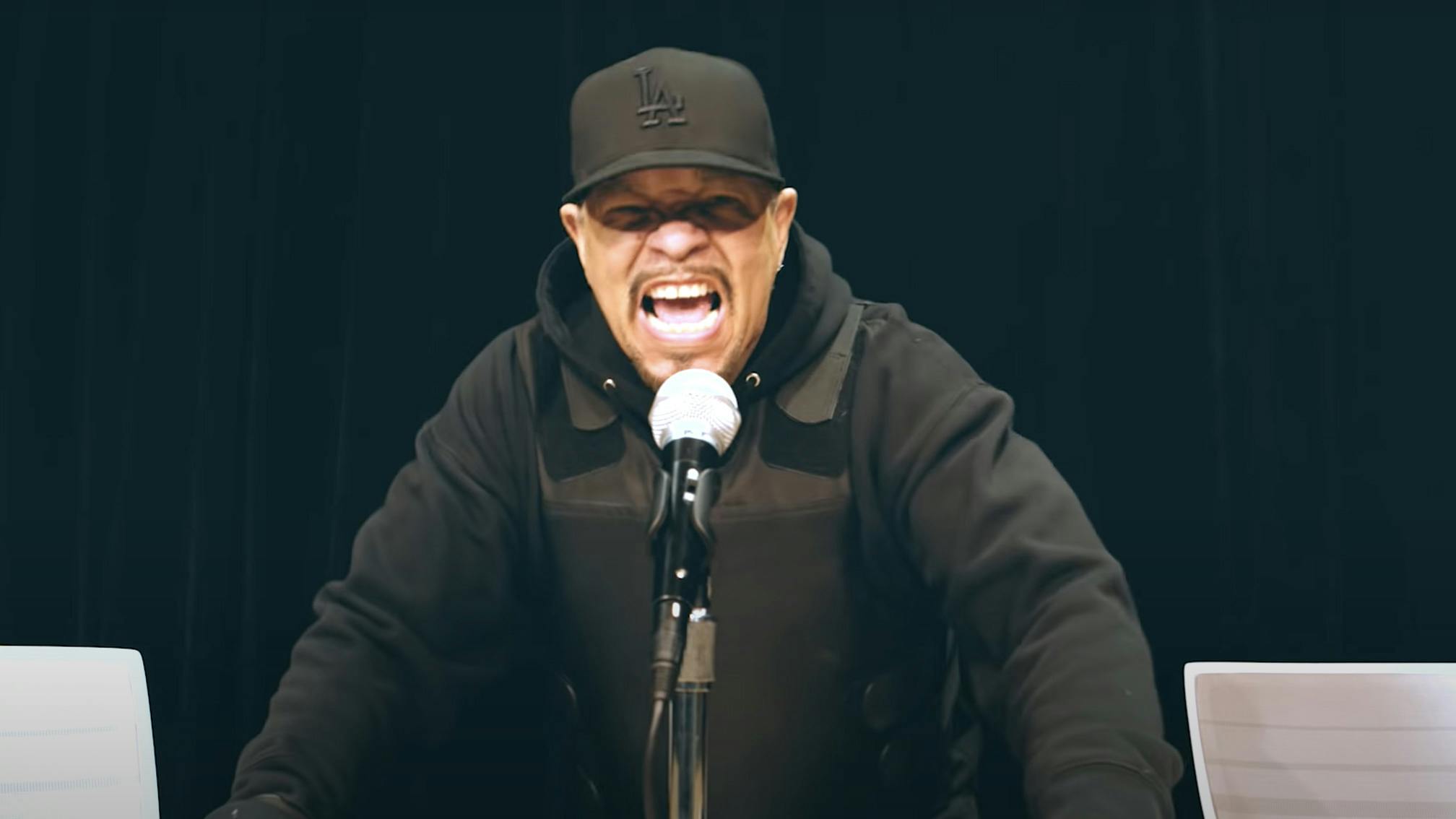Onboard since 2014’s Manslaughter, how integral is Will Putney to this latter era of Body Count?
“Will is the greatest, he really is the rebirth of Body Count. The band had gone through a lot of hardships, losing three band members, and when me and [legendary lead guitarist] Ernie C went back in, our new guitarist Juan [Of The Dead] had a connection with Will through Sumerian Records. When we met, he just understood Body Count. A great producer can produce a number of different groups without making any of them sound the same. Dr. Dre made Eminem sound like Eminem – he didn’t make him sound like 50 Cent. Will has that ability. I refer to Body Count as ‘grindhouse’. It’s the musical version of a Tarantino movie. It’s so outrageous that, at points, it’s funny, and if you’re not laughing at a song like KKK Bitch, you’re missing the point. Will understands that. And we shift between thrash, more classic rock sounds, [and the more extreme]. Will’s with it. He’s made us sound better than we ever did. As metal producers go, he’s the best!”
You’ve not really made any solo hip-hop material since 2006’s Gangsta Rap. What is it that keeps you coming back to Body Count?
“Body Count is fun! It’s a family band. And hip-hop got soft to me. It got strange. I’m always going to be hardcore, I’m always going to push the line. That’s just what I enjoy doing. I find there’s more freedom in metal – I can go lyrically harder. And my metal fanbase is strong. When we got that GRAMMY – being nominated twice and finally winning – I was like, ‘Yo, this band is alive over 30 years in! Now it’s time to turn it up!’ I still do hip-hop, I still enjoy it, but when you perform rap, you’re onstage by yourself: just you and a DJ. On Body Count, it’s a band. It’s a different energy.”
If the Ice-T of 30 years ago could see you now – a GRAMMY winner, still onstage with Body Count in front of these huge crowds – what would he think?
“You’ve got to remember that, when we started Body Count, we didn’t know if we could pull it off. We didn’t know if the fans would accept it, it was just an experimental group. But we had a trial by fire: going out on our first tour with D.R.I. and Exodus. But with each show we got more confident. We got co-signed by Slayer, we went out on tour with Guns N’ Roses. We got embraced by the rock world so fast once they realised we weren’t posing, once they realised we were really playing our instruments and were dead serious about this shit. But I think I’d still be amazed at where we are today. Like, ‘Body Count are winning GRAMMYs?! What the fuck?!’”
How do you feel about that award with a couple of years’ retrospect?
“When you win a GRAMMY, they’re not judging on record sales or anything. They’re judging on some other shit. I think our music just landed at a time when there weren’t a lot of other big bands talking about issues. We put out Black Hoodie, like ‘Cut the bullshit!’ then you had George Floyd. I don’t think the GRAMMY people are really metalheads – there might be two people on there that really understand metal – but the rest of them still get it. Body Count is very digestible. I’m a big fan of very hardcore metal, bands like Cannibal Corpse. If you play that shit to a normal person they’ll be like, ‘I don’t understand what they’re saying!’ They need a lyric video or something. But you can always hear what I’m saying. When I worked with Tommy [Araya] from Slayer, he explained to me one time, ‘If you can’t hear what I’m saying, how can you hear what I’m saying?’ I always want people to hear what I’m saying. Plus, I can’t really growl anyway. I’ve gotta hire people for that!”







